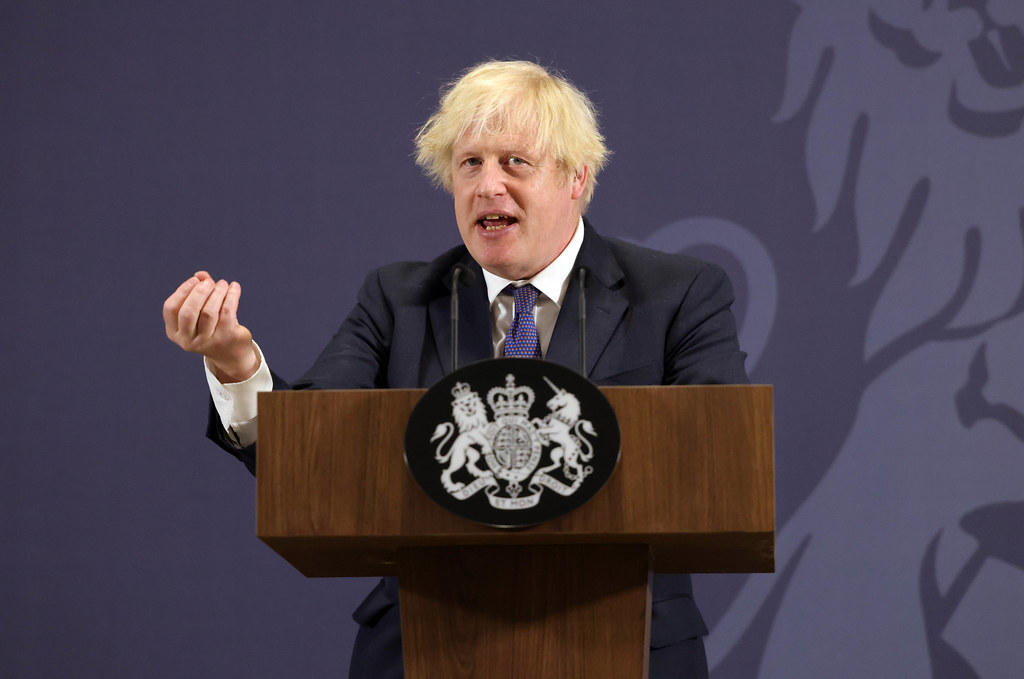The Conservative government are set to end both the furlough scheme and Universal Credit uplift on 30 September, in an attempt to further shift the burden of the Coronavirus pandemic off of the government and onto workers.
The planned end to support this autumn would see the 1.9 million people still on furlough having to return to work, while those on Universal Credit would lose the £20 a week uplift brought in earlier in the pandemic. The government already decreased their support for furloughed workers on 1 August 2021, no longer providing 80% of wages but 60%, and asking employers to make up the other 20%.
Such a move has created fears that many of those that are still on furlough will face redundancy, with employers unwilling to reduce profits, paying staff who are not in work. This will only worsen when furlough ends completely, as business owners are not going to fully supplement the wages of staff who may still be unable to return to work.
One sector in particular where many still rely on furlough is air transport and travel agencies, where around half of staff are still on furlough.
The potential for job losses is only worsened by the fact that Universal Credit will be losing it’s £20 a week uplift on the same day. The original increase in Universal Credit was already an acknowledgement by government that low income and unemployed people were not receiving the support they needed to live with dignity. If the Conservatives are aware that before the uplift Universal Credit was insufficient, hence the increase, they must then be aware that to undo the increase would once again provide insufficient support.
Unite’s Steve Turner said: “It is hard to comprehend the motivation for or sense in ending both the furlough scheme and snatching back £20 a week from hard working people on universal credit on the same day. It’s a double whammy and could make 30 September a very bleak day for workers, their families and communities.”
Under the current plan, the government is clearly seeking to make individual businesses responsible for returning furloughed staff to work, and for creating economic recovery. However, it is not in these private owners interests to build a strong and functioning economy, or ensure proper support for their employees and their families. To do so would hurt their pursuit of short-term profit. The government is very capable of continuing this support and setting out it’s own process for recovery, but again has chosen to shift the burden and responsibility, opening the door to mass redundancies, all at the expense of struggling workers.
Philip English, is a member of the YCL’s Manchester branch



